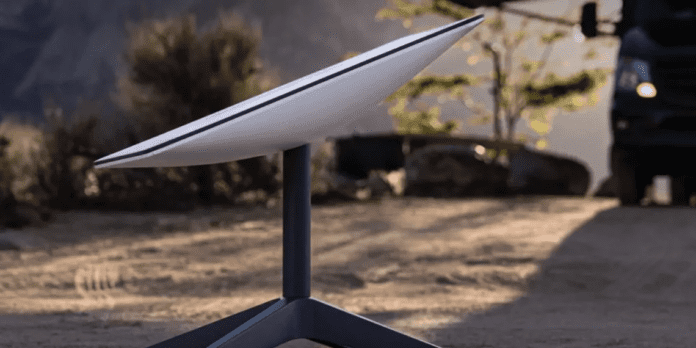Elon Musk-owned satellite internet provider Starlink has experienced considerable growth in Kenya, increasing its market share in the three months leading up to September of last year.
This is according to the latest sector statistics report provided by Kenya’s Communications Authority (CA).
The report notes that Starlink’s market share increased from 0.5% in June to 1.1% in September.
This growth not only demonstrates increased acceptance of Starlink’s services in the country, but it also propels the satellite internet provider ahead of Liquid, a key competitor that maintained a 1% market share during the same period.
Starlink began operations in Kenya in July 2023 and has continued to challenge the supremacy of established telecom providers such as Safaricom, Wananchi Group, and Jamii Telecom.
Since Starlink’s debut into Kenya, the number of satellite internet subscriptions has increased significantly in the East African country.

According to CA, satellite internet subscriptions increased by 104.7 percent during the reference period, owing to a customer acquisition effort undertaken by Starlink Internet Services Kenya, which introduced the option to rent satellite equipment at a lower rate.
Last Monday, Starlink inaugurated its second African ground station point of presence (PoP) in Nairobi to improve its network capacity.
Previously, the only Starlink PoP presence on the continent was in Nigeria, limiting the network’s ability to cover the whole continent, including markets like Kenya.
Jimmy Grewal, general director of Elcome, a Starlink authorised reseller, stated that the newly activated Starlink PoP in Kenya has reduced average latency for their global Starlink customer base from 57ms to 44ms.
The ‘point of presence’ will improve the network’s performance by reducing latency from about 120 milliseconds to less than 30 milliseconds.
The satellite service is also planning to introduce direct-to-device internet from satellites, which would eliminate the need for hardware kits and costs associated with purchasing them.
This is almost half of what it was at the beginning of 2024, according to Grewal.
’In Kenya itself, our customers have seen average latency drop from 120ms down to 26ms over the weekend’’ he said.
Earlier this month, the Communications Authority of Kenya (CA) announced plans to introduce a license fee for complex network equipment such as Starlink’s at KSh 250,000 every 15 years.
The authority also wants satellite internet firms to pay an annual operating fee charged at 0.4% of turnover every year. Smaller players in the market are bound to feel the heat of the proposed guidelines, and the new costs are likely to be passed on to consumers.







